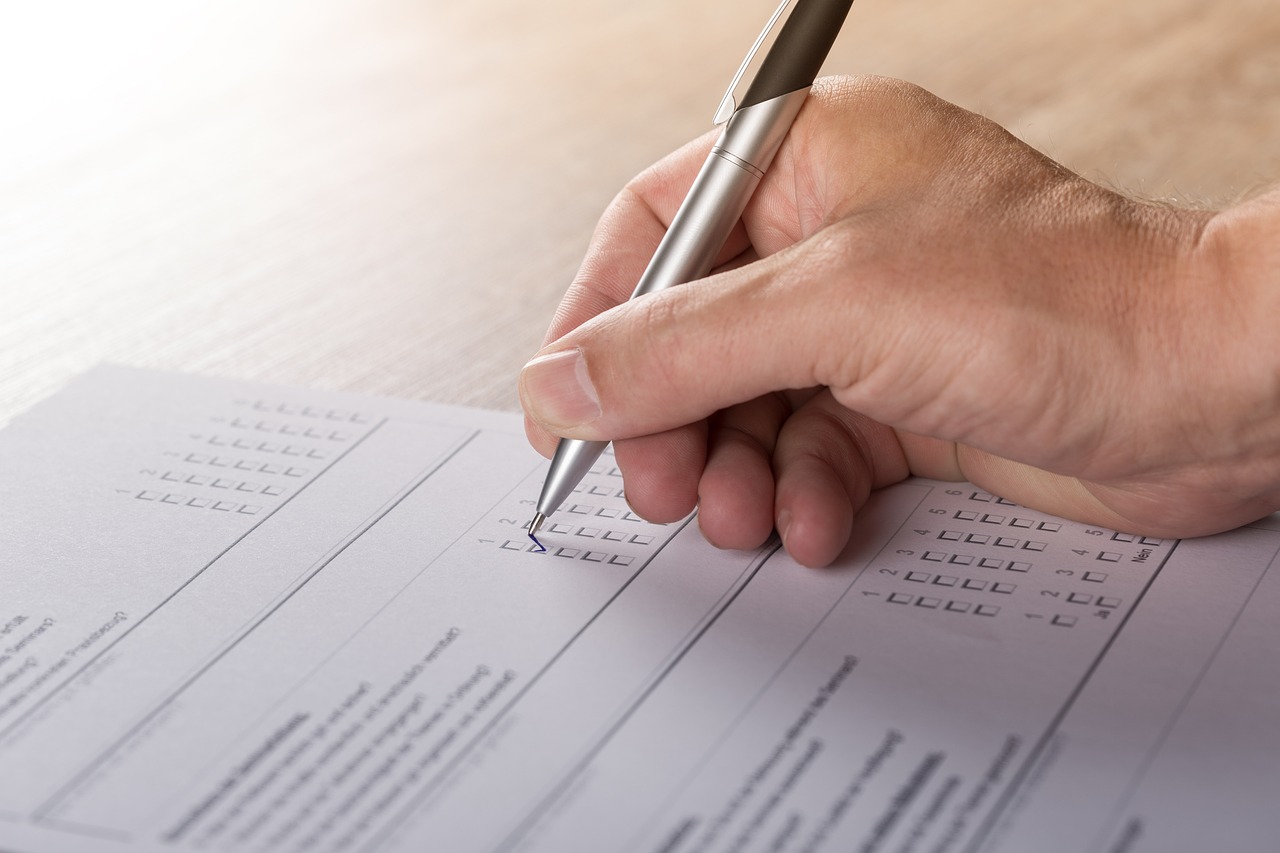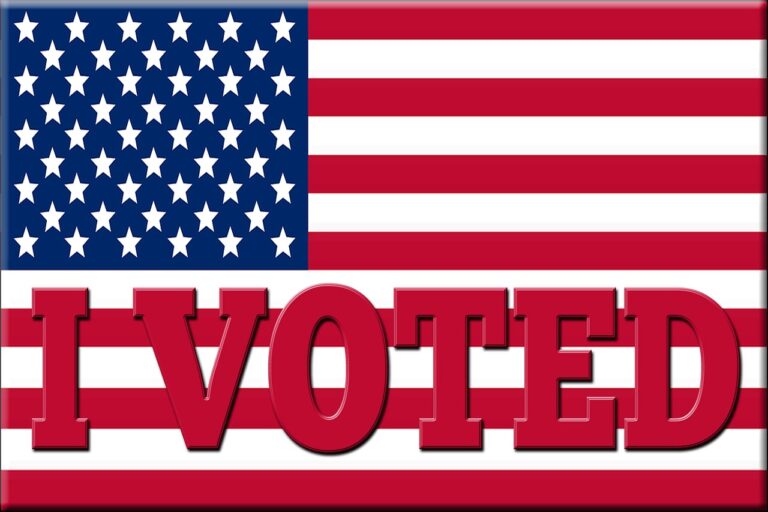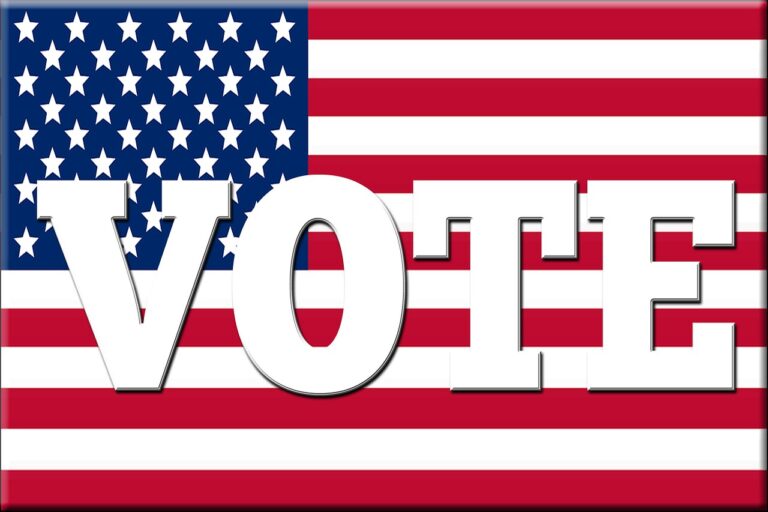The Impact of Political Satire on Public Perception
Political satire has a rich history that dates back centuries, with roots in ancient Greece and Rome where playwrights used satire to criticize and ridicule political figures and societal norms. In the Middle Ages, satirical writings and performances served as a way for individuals to express dissent and challenge the authority of those in power.
The concept of political satire evolved over time, with notable figures such as Jonathan Swift in the 18th century using satire to highlight the absurdities and injustices of their societies. As print media and later television and internet platforms became more prominent, political satire expanded its reach and influence, becoming a powerful tool for critiquing politicians and institutions in a humorous and often thought-provoking manner.
How Political Satire Shapes Public Opinion
Political satire has long been a powerful tool in influencing public opinion. By cleverly blending humor with commentary on current events and political figures, satirical shows can sway public perceptions and shape the way people view certain issues. The witty and often exaggerated portrayals of politicians and policies can highlight flaws, hypocrisy, and inconsistencies in a way that traditional news sources may not.
Through satire, complex political issues can be simplified and made more accessible to a wider audience. Satirical shows like “Saturday Night Live” and “The Daily Show” have become popular sources of news and commentary for many viewers, who appreciate the humorous yet informative approach to current events. By presenting information in a more entertaining format, political satire has the ability to engage audiences who may not otherwise be interested in politics, ultimately influencing public opinion in a subtle yet significant way.
The Role of Satirical Shows in Shaping Public Perception
Satirical shows hold a significant influence over public perception by cleverly blending humor with current events. Through their unique approach of humor and satire, these shows have the power to shape how the audience views political figures, social issues, and even policies. By presenting real-world situations in a comedic light, satirical shows have the ability to spark critical thinking and reflection among viewers.
Moreover, satirical shows often act as a form of media watchdog, holding those in power accountable through their sharp commentary and critique. In a society inundated with information and news sources, these shows provide a refreshing and entertaining way for the public to engage with complex political and social issues. By presenting information in a light-hearted manner, satirical shows can appeal to a wide audience and ultimately play a crucial role in shaping public opinion.
What is the history of political satire?
Political satire has been around for centuries, dating back to ancient Greece and Rome where playwrights used humor to criticize political leaders and institutions. In modern times, political satire has become a popular form of entertainment through shows like “Saturday Night Live” and “The Daily Show.”
How does political satire shape public opinion?
Political satire can influence public opinion by highlighting social and political issues in a humorous and engaging way. Satirical shows often use satire to critique politicians and policies, which can help viewers form their own opinions on current events.
What is the role of satirical shows in shaping public perception?
Satirical shows play a crucial role in shaping public perception by providing a unique perspective on current events and political issues. These shows often use comedy to point out hypocrisy and absurdity in politics, encouraging viewers to think critically about the world around them.







